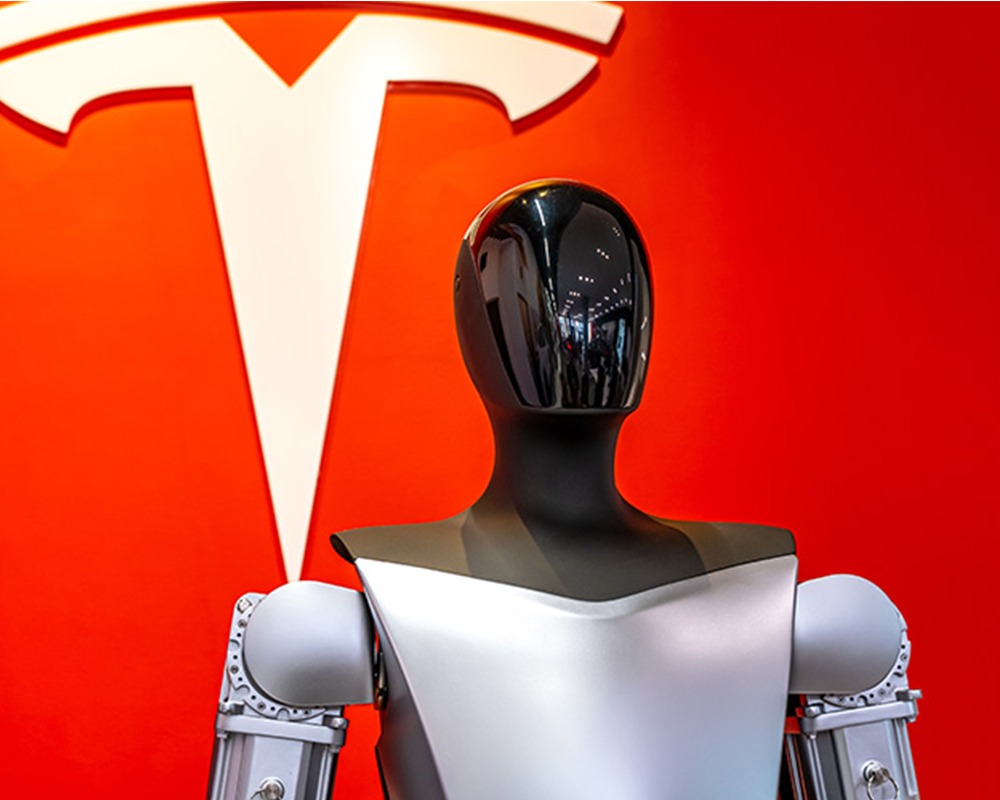October 18, 2024 By: admin
At Tesla’s recent “We, Robot” event, the spotlight was on the company’s humanoid robot, Optimus, which showcased an array of capabilities that left attendees buzzing with excitement. The event featured videos of Optimus engaging in various activities, such as dancing, mixing drinks, and interacting with guests, primarily Tesla investors and enthusiasts.
While the atmosphere was filled with awe, skepticism lingered beneath the surface. Some attendees speculated that the Optimus robots were powered by Grok, Elon Musk’s AI chatbot from xAI, enabling them to converse with guests. However, reports from sources like Bloomberg and The Verge indicated that the robots were reportedly operated remotely by humans. Analyst Adam Jonas from Morgan Stanley noted that human intervention, or tele-operations, was involved in many of the interactions, leading to questions about the robots’ current autonomy.
Although the Optimus prototypes demonstrated the ability to walk autonomously using AI, they appeared to rely on human controllers for synchronized movements and responses during the event. One video even captured an Optimus robot acknowledging its dependence on human assistance.
These observations raise critical questions about the readiness of the technology for commercial launch. Musk described the robot’s capabilities, suggesting it could serve as a teacher, babysitter, or even a companion that performs everyday tasks like walking dogs and mowing lawns.
Despite the skepticism, some analysts remained optimistic. George Gianarikas from Canaccord Genuity noted that the progress and skills displayed by the robots were impressive. He pointed out that the robotics industry is still developing and lacks a solid supply chain. This means Tesla, with its manufacturing expertise and resources, has a strong chance to become a major player in the robotics field in the long run.
As Tesla pushes forward with its Optimus humanoid robot, the world watches to see if Elon Musk’s vision can become a reality. While there are questions about how much of the robot’s current capabilities are powered by human intervention, Musk’s drive to lead innovation is undeniable. This rush to be the first to market with a functional humanoid robot mirrors Musk’s eagerness to be the change-maker in every industry he touches, whether it’s electric vehicles or space exploration.
We’ve seen ideas from the science fiction of the ’90s and 2000s – like advanced AI, self-driving cars, and robots, move from the screen to real life, all thanks to the boldness of visionaries like Musk. Just as someone else’s creativity inspired today’s advancements, Musk’s ambition could unlock the next era of technological breakthroughs.
In the end, what we’re witnessing is more than just a product unveiling – it’s the beginning of a movement that could reshape the future, setting new boundaries for innovation and challenging us to imagine what comes next.



